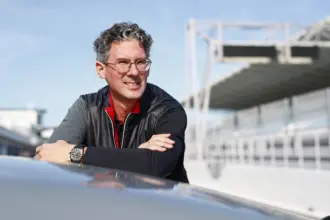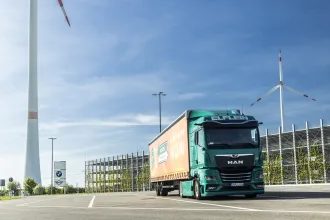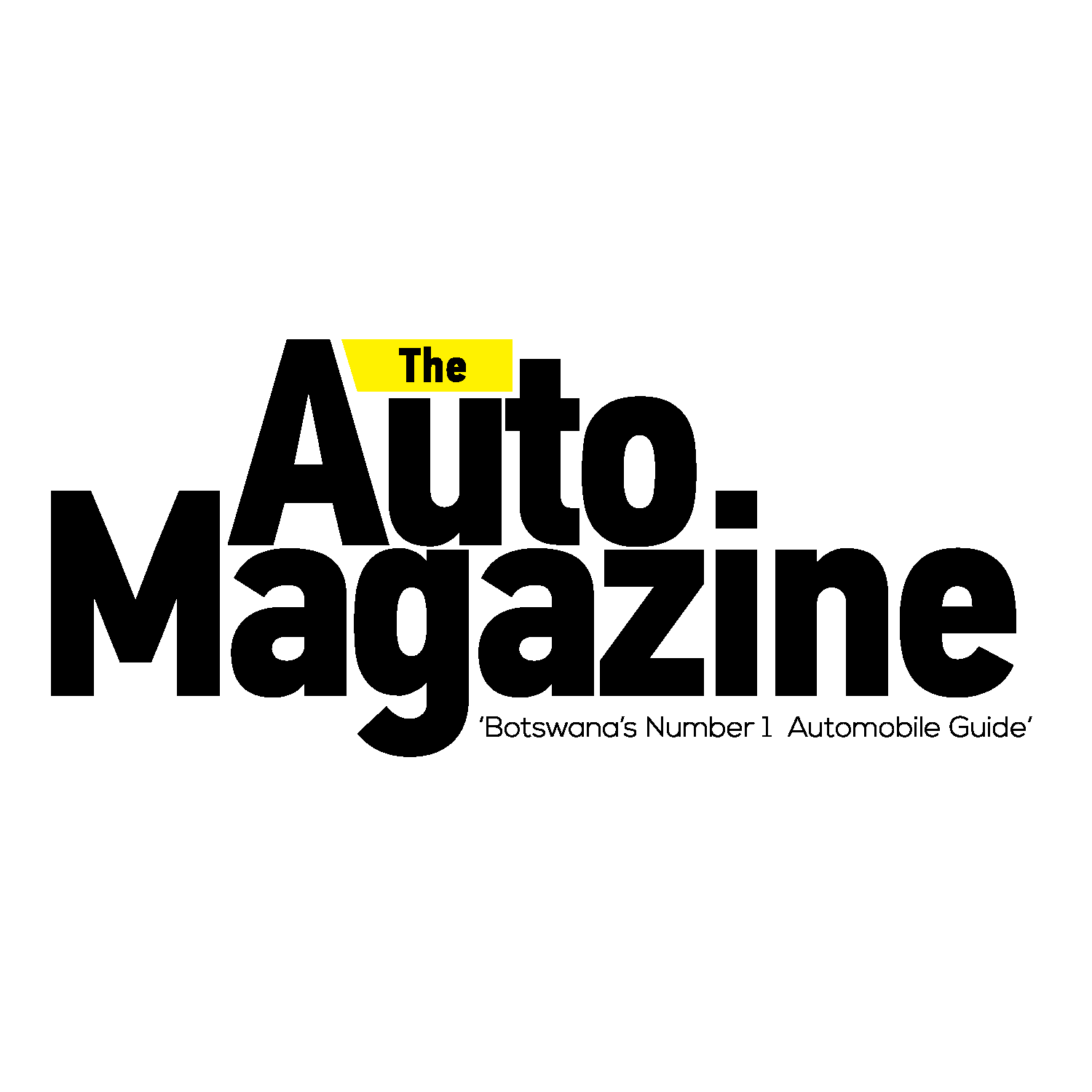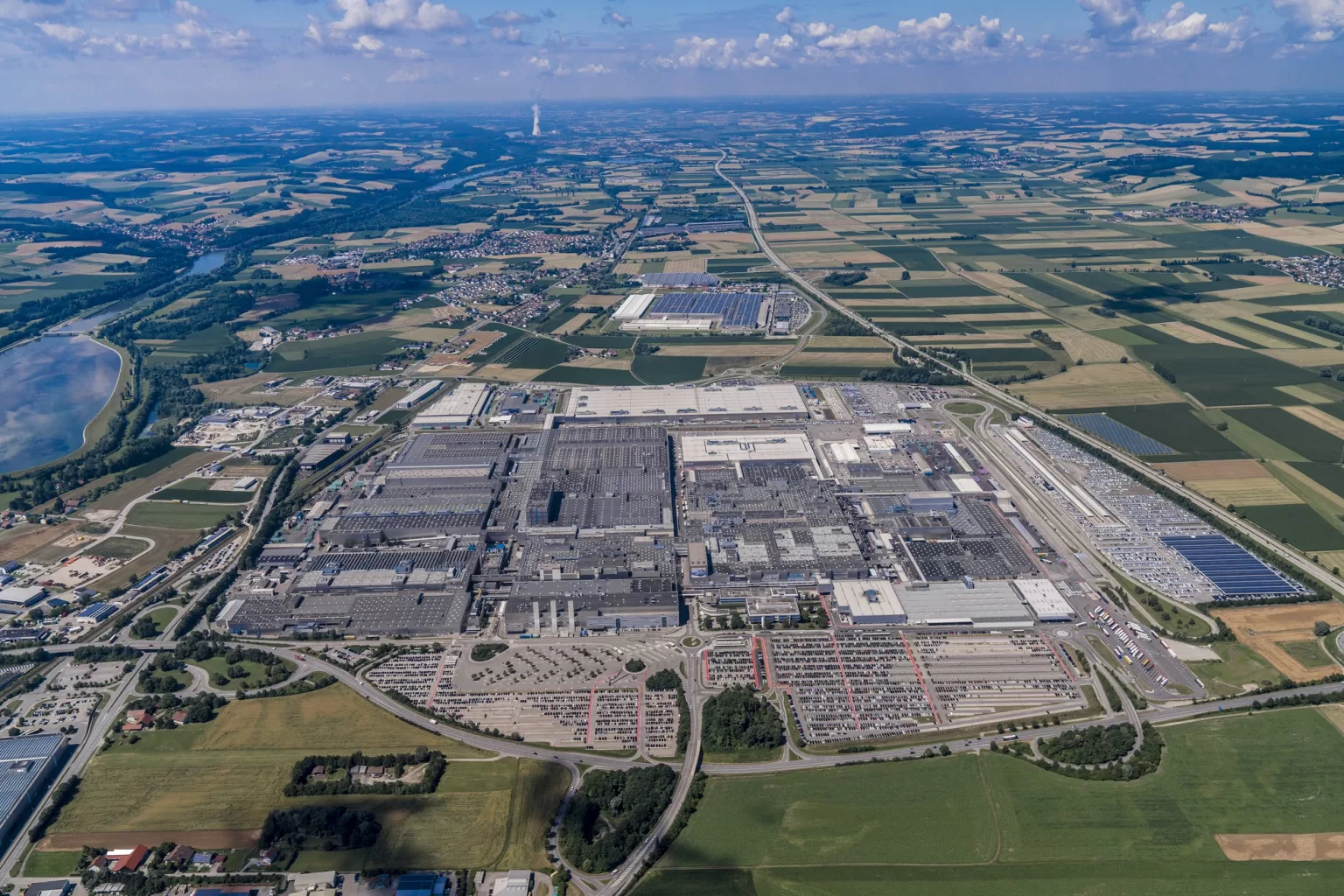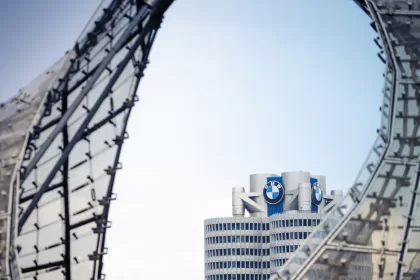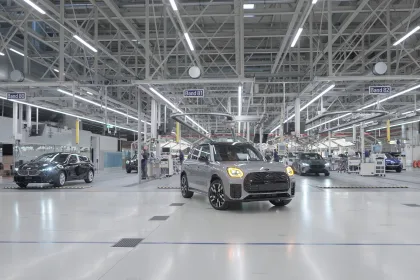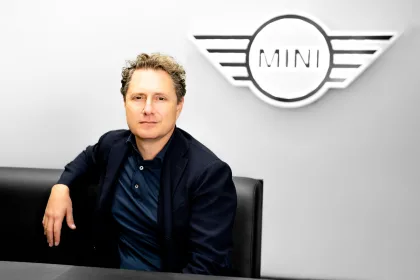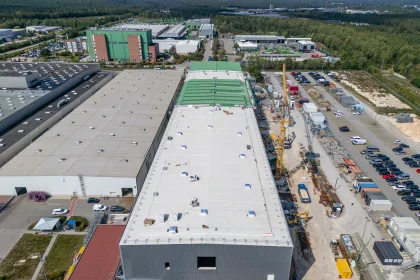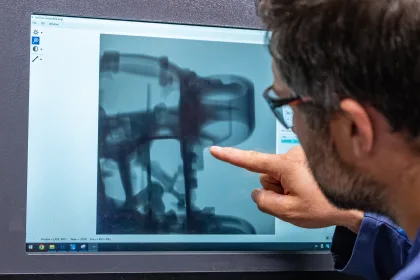Exactly 50 years ago, cars built by the Bavarian premium manufacturer began rolling off the assembly line at BMW Group Plant Dingolfing. Since 27 September 1973, the people who work at what is now the BMW Group’s largest European plant have produced Sheer Driving Pleasure more than twelve million times.
“This anniversary is naturally an opportunity to look back on this plant’s amazing success story – but it is also an excellent reason to look ahead to the future with optimism,” said Plant Director Christoph Schröder, at a ceremony attended by representatives from business and the political sector. “Because this plant will continue to be of tremendous importance to the BMW Group, to the region and to many thousands of people.”
12 million BMW cars in 50 years
The figures presented to guests by Plant Director Christoph Schröder and Stefan Schmid, Chairman of the Dingolfing Works Council, in the light-hearted speech they delivered together, are impressive. In purely mathematical terms, with 12 million vehicles produced over the past five decades, that means a BMW rolled off the Dingolfing assembly line every 60 seconds: from the very first Iberian Red BMW 520 on that Thursday back in 1973, right up to today.
Almost two thirds of the production volume comes from Dingolfing’s core model series, the BMW 5 Series: The eighth generation, which has been in production since early July, will be hitting showrooms in the coming days. The range of models produced has gradually expanded over the decades and, today, with vehicles from the BMW 4 Series, 5 Series, 6 Series, 7 Series and 8 Series, as well as the BMW iX and BMW M GmbH models, it has reached a dimension that sets the benchmark for the whole automotive industry.
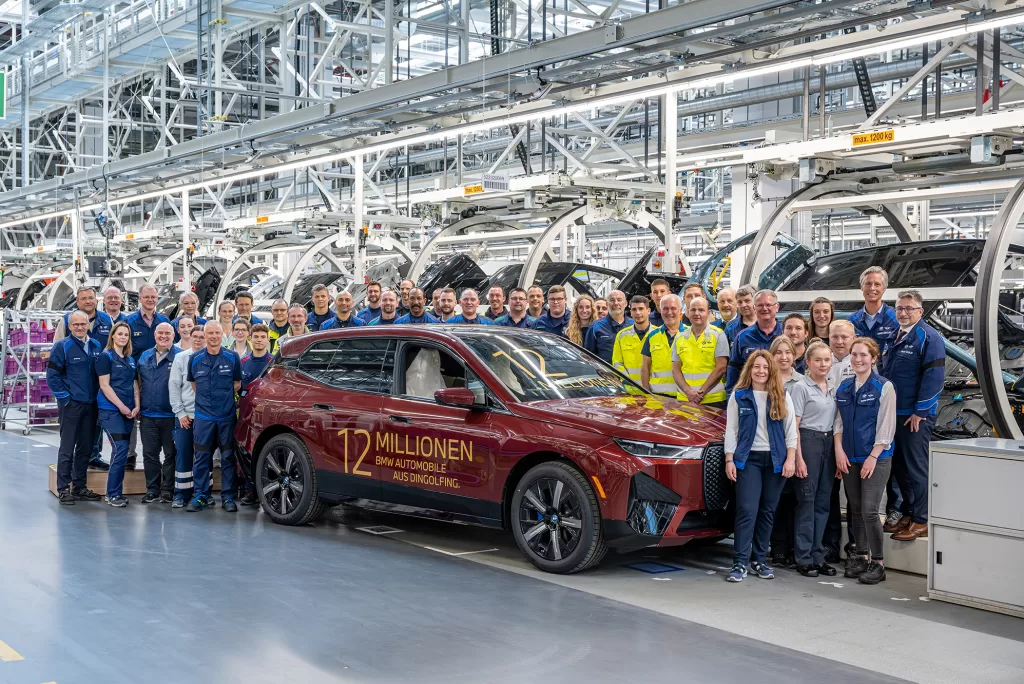
However, Dingolfing’s carmakers not only excel in large-scale production, with the highest level of efficiency and precision, but also in craft-scale manufacturing. The 99 BMW 8 Series models designed by American artist Jeff Koons in 2022, the 50 recently-delivered highly exclusive BMW 3.0 CSL and the BMW i7 Protection, the world’s first fully-electric security vehicle, all testify to this outstanding expertise. The body shop also meets the highest standards of quality and craftsmanship required for all Rolls-Royce models in Unterhollerau.
Plant Dingolfing as job engine for the region
Plant Dingolfing is closely associated with the economic rise of the eastern Bavaria region. “In the past ten years alone – including permanent jobs for apprentices and temporary staff – we have hired 12,000 people here at the site,” said Stefan Schmid. The Works Council Chairman also announced that the number of new apprentices starting their training at the Dingolfing location in the coming year will increase to 350, with a view to the planned site in Irlbach-Straßkirchen. “We will continue to be the BMW Group’s largest vocational training facility.”
The decisive guarantee of this 50-year success story is the continuing adaptability of the Dingolfing workforce. “Pioneers never stand still,” said Schröder, underlining that: “We have stayed young in our thinking, we are technology leaders with our processes and our products are clearly geared towards the future.” The plant is shaping the transformation towards e-mobility in a way that is “strategically smart, forward-looking and proactive”. With its strategy of a highly flexible production system that allows all drive train variants to be built efficiently on one line, according to market demand, the plant is ideally positioned, Schröder explained: “We have every reason to be optimistic about the future.”
Three series launches of electric models in two years
With the BMW iX, i7 and i5, Plant Dingolfing has celebrated the premiere of three fully-electric models within the space of two years. With the start of production for the BMW i5 Touring in the coming year, Schröder expects fully-electric vehicles to account for about 40 percent of Dingolfing’s total production in 2024. “I am confident production volumes will climb to well over 300,000 units in the next year as the entire 5 Series family becomes available.”
Schröder also believes digitalisation will become even more important, explaining that both the product and the production process will increase in complexity – all of which needs to be controlled and validated. “Dingolfing is doing an excellent job,” explained the plant director: “We are leaders in our industry, with a large number of projects, such as Automated Driving In-Plant, AI-based camera systems and smart logistics applications.” In many respects, a vehicle plant has been a tech company for years. “That is why we are deliberately strengthening our IT functions – for example, through the Innovation Hub, which the BMW Group established together with Microsoft, Intel and NTT at the Dingolfing training centre.”
The BMW Group in Dingolfing – more than just a car plant.
In addition to cars, vehicle components such as pressed parts and chassis and drive systems are also produced in Dingolfing. Component plant 02.20 is home to the Competence Centre for E-Drive Production, with about 2,400 employees, which supplies the BMW Group’s vehicle plants worldwide with electric motors and high-voltage batteries for production of plug-in hybrids and fully electric models. Since 2015 alone, more than one billion euros have been channelled into expanding the component plant, which is capable of producing electric powertrain components for more than 500,000 electrified vehicles.
Another important element of the Dingolfing location is the so-called Dynamics Centre, the heart of the BMW Group’s central aftersales logistics, which provides the global BMW and MINI retail organisation with original parts and accessories.
The BMW Group recently invested several hundred million euros in the site each year – with the next investments in future products and technologies already becoming apparent. “Because, of course, the models of the future being built in Dingolfing will also benefit from the innovations and technology clusters of the NEUE KLASSE,” says Schröder. The assembly plant for high-voltage batteries planned in Irlbach-Straßkirchen will be an essential element of this. “On the one hand, it will secure the jobs of thousands of people; on the other, it will enable the successful transition of Plant Dingolfing towards electromobility.”
